
Virgin Australia: in administration – Now what?
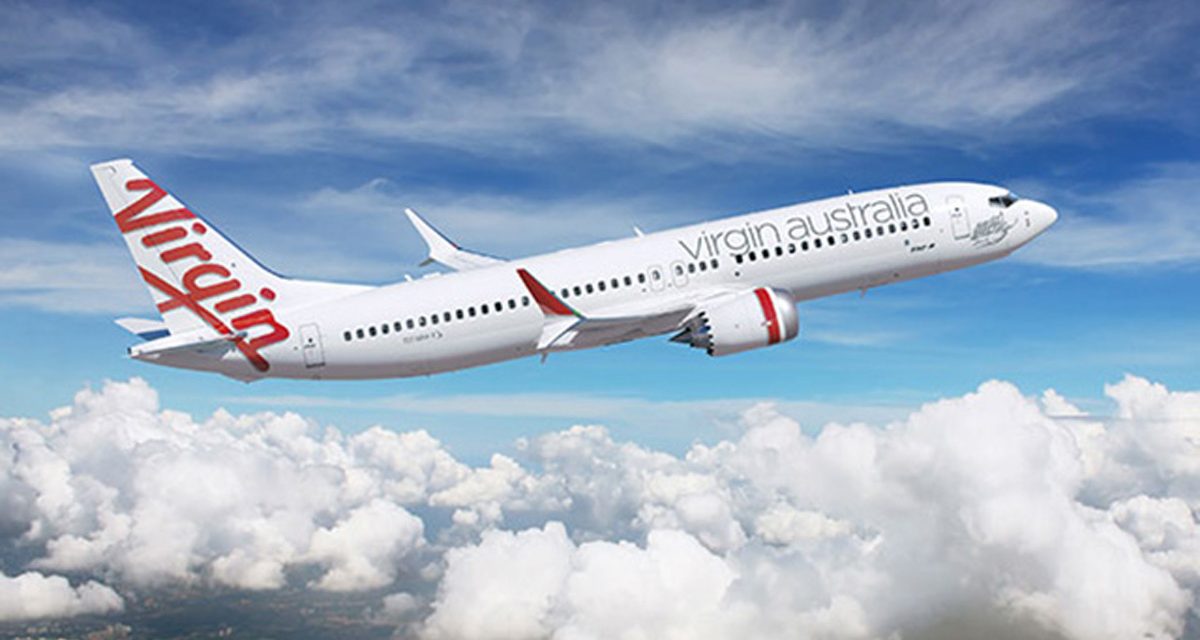
This has been predicted for weeks, and is now confirmed by a statement to the Australian Stock Exchange (ASX):
Virgin Australia Holdings Limited (ASX: VAH) (Virgin Australia Group or Group) has entered violuntary adminsitration to recaptialise the business and hel ensure it emerges in a stronger financial position on the other side of the COVID-19 crisis.
ASX release 21 April 2020
Background
Virgin Australia has not made a profit in the last 7 years. It has amassed a total debt of around AU$5 billion and has access to a little under AU$1 billion in cash to keep trading – but this is obviously not enough because Virgin has asked the Australian government for a loan guarantee of AU$1.4 billion, which they have declined.
Virgin Australia, and previously Virgin Blue (founded in 2002) have effectively become Australia’s second airline since the demise of Ansett Airways in 2001. In 2011, soon after former Qantas executive John Borghetti took over, Virgin Australia set its sights on becoming a full-service airline to compete with Qantas on domestic and some international routes. It entered a domestic capacity war with Qantas which saw fares plummet, to the benefit of customers, but also profits evaporate for Virgin until a truce was ‘declared’ in 2014. It is reported that Australia gained 8% capacity at a cost of AU$8.75 million a day.
Arguably it is the overhang from the airline’s adventure as a full-service airline and the capacity war that Qantas contributed to, that are responsible for Virgin Australia’s dire financial circumstances today.
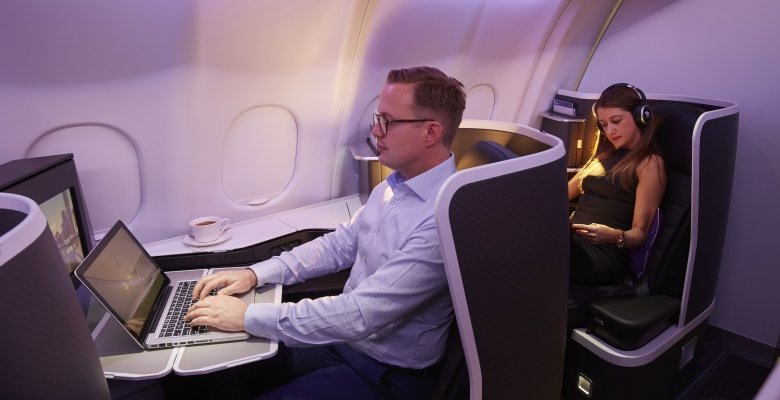
COVID-19
The pandemic has highlighted Virgin Australia’s precarious financial state – as it has done for other airlines around the world.
Paul Scurrah, appointed as CEO last year, has been working on reducing the airlines cost base, dropping uneconomic routes, and rationalising the airlines fleet. All initiatives have been lauded by the market, indicated by the expressed wish of the administrators that he remains as CEO.
If it were not for the pandemic, Virgin Australia would be on a trajectory back to profit.
Paul Scurrah saw the writing on the wall a couple of weeks ago, when he approached the government for an AU$1.4 billion loan, which he then switched to a loan guarantee. The Australian government has refused this but instead offered the industry a raft of concessions on charges and taxes to the tune of AU$700 million. The government also fronted up for AU$165 million to maintain a ‘minimum’ network of capital cities and regional centres for 6 weeks, which it divided proportionally between Virgin and Qantas.
In the last few days, a number of state governments have offered Virgin Australia financial incentives with certain conditions. The Queensland government offered AU$200 million if Virgin retained its base in Queensland, and the New South Wales government offered an undisclosed amount if Virgin moved to its new Western Sydney airport.
None of these measures were sufficient to protect it from the inevitable.
The Australian government has also appointed former Macquarie Group chief executive Nicholas Moore to engage with the Virgin Australia administrators regarding the restructuring. That indicates the governments level of interest in the survival of the airline. I would not be ruling out some kind of government support in that case.
What is Voluntary Administration?
This process is open to public companies in Australia. It creates a moratorium period, where the company can bring in an external administrator to control the company and propose an arrangement for the payment of debts to be agreed to by the company’s creditors.
The idea is that voluntary administration allows a company to trade out of its difficulties, when the company would otherwise be insolvent. It relies on reaching an agreement about payment with creditors, which can either result in the company trading out of difficulties, or winding up. It inevitably it means creditors will lose money, but less money than if a company went bankrupt.
When administrators are appointed, they take over the role that directors have played up until that time.
Voluntary administration also protects the companies assets by restricting the disposal of property owned, used, occupied or in the possession of the company. In the case of Virgin, this prevents lessors and creditors from demanding their ordinary rights to cancel a lease or debt agreement and call for immediate payment. It gives time to the administrators to negotiate with the creditors, including banks, aircraft lessors, customers and staff.
It also allows creditors and shareholders to face reality. They can decide whether to forego some of their entitlements in the interests of the company surviving or to crystallise any debits by forcing the liquidation of the company.
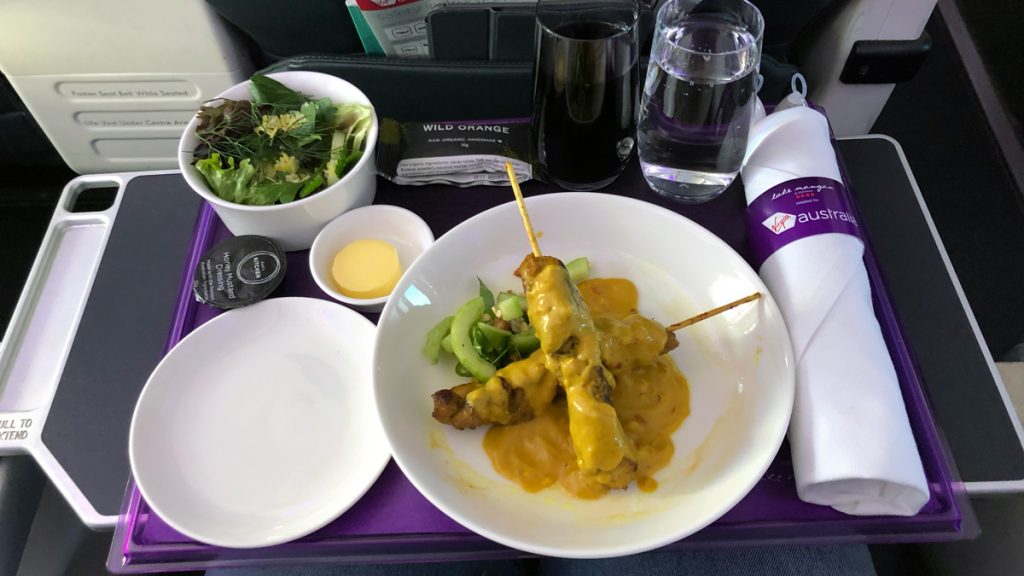
Virgin Australia shareholders
Virgin Australia is 90% owned by foriegn entities, mostly other airlines, or groups with an airline as part of their holdings. Its current shareholders can be divided as follows:
- Etihad Airways: 21% (largest shareholder)
- Singapore Airlines: 20%
- HNA: 20%
- NANSHAN Group: 20%
- Virgin: 10%
- Public shareholders: 9%
None of these shareholders have offered up additional capital for Virgin Australia to keep operating as far as we know. Etihad and Singapore Airlines have their own problems, despite Singapore Airlines securing a US$13.27 billion lifeline from state investor Temasek Holdings.
In February of this year, the Chinese government was scheduled to take control of HNA and divest it of its airline holdings which include Hainan and Hong Kong Airlines. HNA, once an aggressive asset purchaser, has been unwinding a lot of its acquisitions over the last two years, due to financial difficulties. So it’s in no condition to invest in the preservation of Virgin Australia.
The Nanshan Group is a diverse Chinese company with various assets in the aerospace sector including the Nanshan Jet Company, Shandong Nanshan International Flight Company, Nanshan Flying College and Qingdao Airlines launched in April 2014. Again they will be battling the challenges for airlines in this pandemic era, and are probably not in a position to pour money into Virgin Australia.
In any restructuring, these shareholdings will be substantially diluted, if not made practically worthless. It’s the shareholders that will bear the brunt of any restructuring.
Private Equity
Reportedly, there are several private capital groups circling, eager to swoop on a Virgin Australia Group stripped of its onerous debt, and streamlined for profit. The Sydney Morning Herald quotes one of the Deloitte administrators:
Virgin Australia’s administrator Vaughan Strawbridge says there has been an “extraordinary” amount of interest from potential new owners in the airline, with more than 10 parties looking to re-birth the airline.
SMH.com.au
BGH Capital, who’s principals have a history of attempting buyouts of airlines (including Qantas) is rumoured to be circling. The private equity firm was established in 2017 and has a AU$2.6 billion fund at its disposal. It has retained Melbourne law firm Arnold Bloch Leibler as its advisor on this potential deal.
BGH are reportedly not the only pterodactyl circling. The Australian Financial Review amongst others is speculating there are up to 6 suitors, and in an interview today, the Virgin Australia administrator has talked about there being more than 10 interested parties, including international interest.
What happens next
Well, a lot of midnight oil will be burning, and massive fees will be racked up by advisors and insolvency experts including Deloitte and PwC.
Here are the steps to be taken in the voluntary administration process within the next 25 days:
- Administrator appointment – already done
- First meeting of creditors – this needs to be held in the next 8 days – so we should have some news by 28 April
- Administrators investigation and report – alternatives to liquidation need to be reported to the creditors and that includes consideration of expressions of interest from interested parties
- Second meeting of creditors – to decide the company’s future which could include:
- control handed back to directors
- deed of company arrangement (with the aim of the company continuing to operate, and binding on creditors)
- liquidation
Customers, ticket holders, flight credit holders etc all fall into the category of ‘unsecured creditors’, which, play second fiddle to secured creditors like banks and the government.
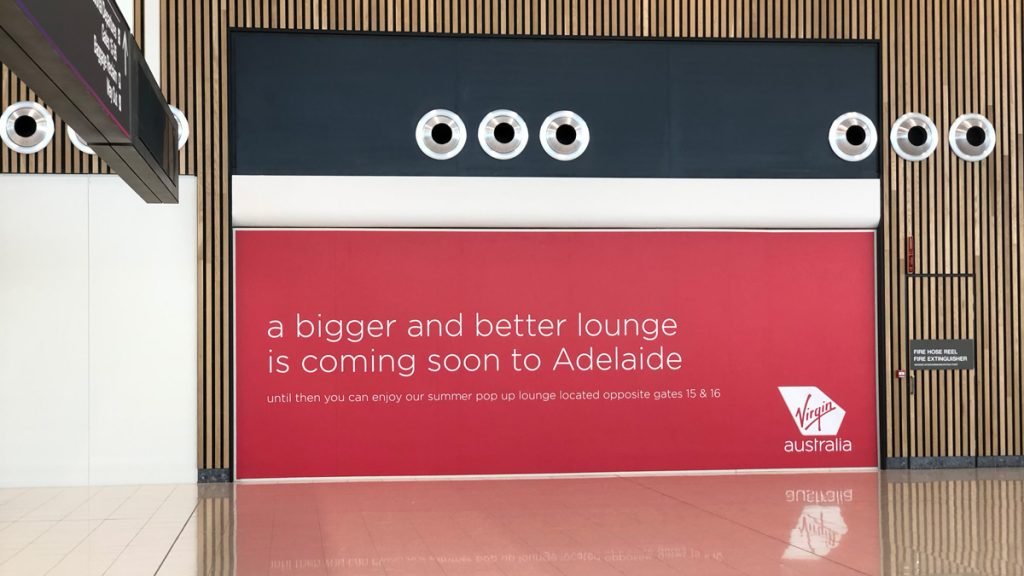
2PAXfly Takeout
All parties, both sides of government, Unions, employees, consumers, and financial markets seem to agree that Australia needs the competition of a minimum of two domestic, and preferably two international airlines. The only body that doesn’t appear to agree with this is Qantas CEO, Alan Joyce, who would be perfectly happy with a monopoly.
So, there are lots of cheers from the sidelines in support of Virgin Australia continuing to operate in one form or another.
The likelihood is that Virgin will be rescued, although the eventual format of the airline is still to be decided. Bets are on a slimmed-down version, possibly only domestic, with a simplified fleet, and probably no low-cost Tiger Airways subsidiary.
Staff and contractors
Staff and contractors will not be unscathed despite the administrator saying that there are no planned redundancies. A slimmed-down Virgin Australia will not see all staff retained. Undoubtedly there will be some redundancies. Even without the pandemic, there would have been job losses, whether retrenchment or through natural attrition. Virgin Australia under Paul Scurrah was always going to be a more efficient airline.
Velocity Points
Remember, the Velocity program is a separate business, and is not subject to the voluntary administration.
In that case, what will happen to Velocity, and more importantly our points? Well, my bet is that the scheme will definitely survive – its too much of a cash cow to get rid of. Will you hold onto your points? Almost certainly, why would they alienate their loyal customers? But don’t be surprised if your points are effectively devalued by an increase in the points needed for flight redemptions.
I’m optimistic about Virgin’s survival. But in 25 days, a lot of things can go wrong, so I won’t be relaxing any time soon.

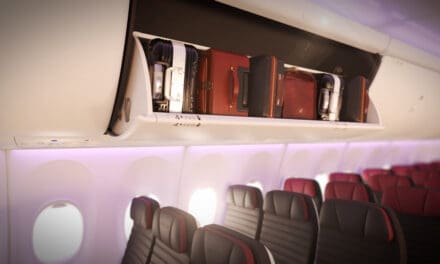
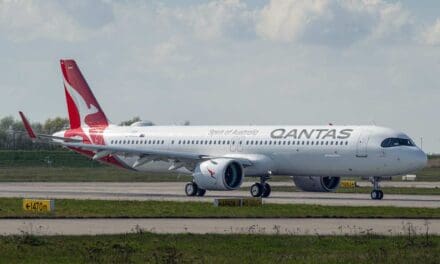

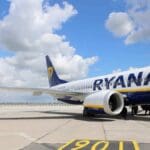


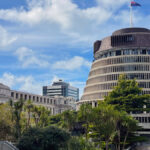


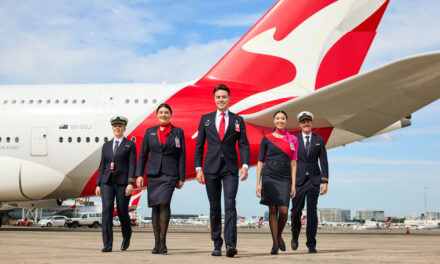
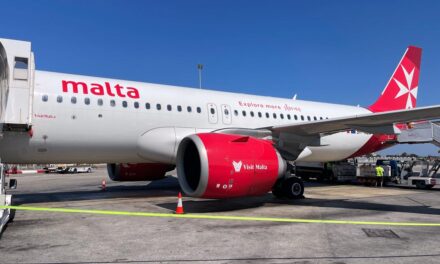
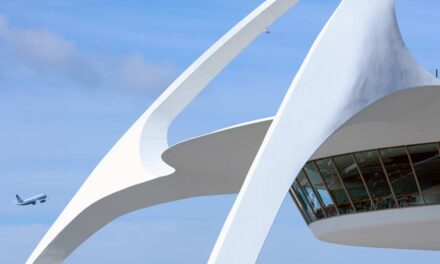





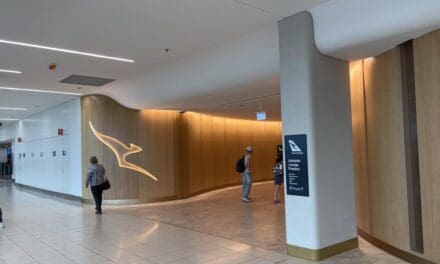



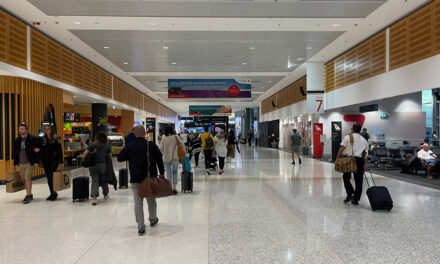




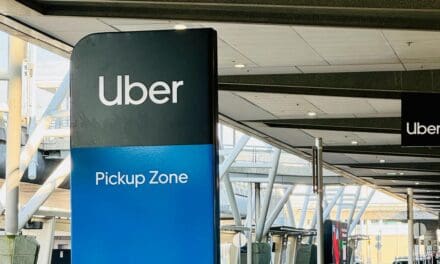


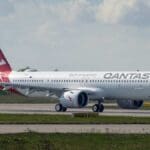

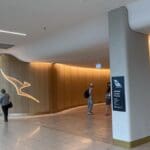

What did you say?